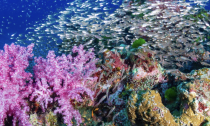
The ocean is a vast, quiet place, right? Vast, yes; quiet, not so much. As a researcher who studies coral reefs, I’ve floated above many and, when I listen closely, my ears are invariably filled with sounds. There might be the sound of small waves breaking on the beach and coral rubble rolling on the sand as the waves retreat. Beyond the sound of water, there is something quieter.
For some people, these faint noises sound like the snap, crackle and pop of breakfast cereal when milk hits it; for others, they are reminiscent of frying bacon.
Whatever the analogy, they are natural reef sounds, and noisy reefs are a very good thing. So good, in fact, that we might be able to use the sound of healthy coral reefs to improve the quickly increasing number of degraded ones.
For the past three de...
Read More









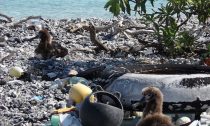
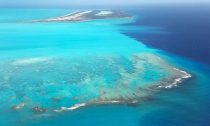
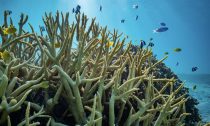

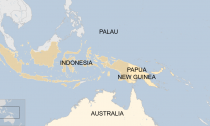
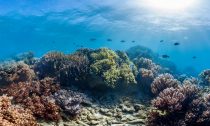
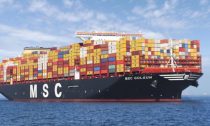
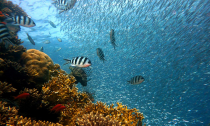
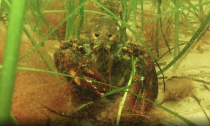

Social Profiles